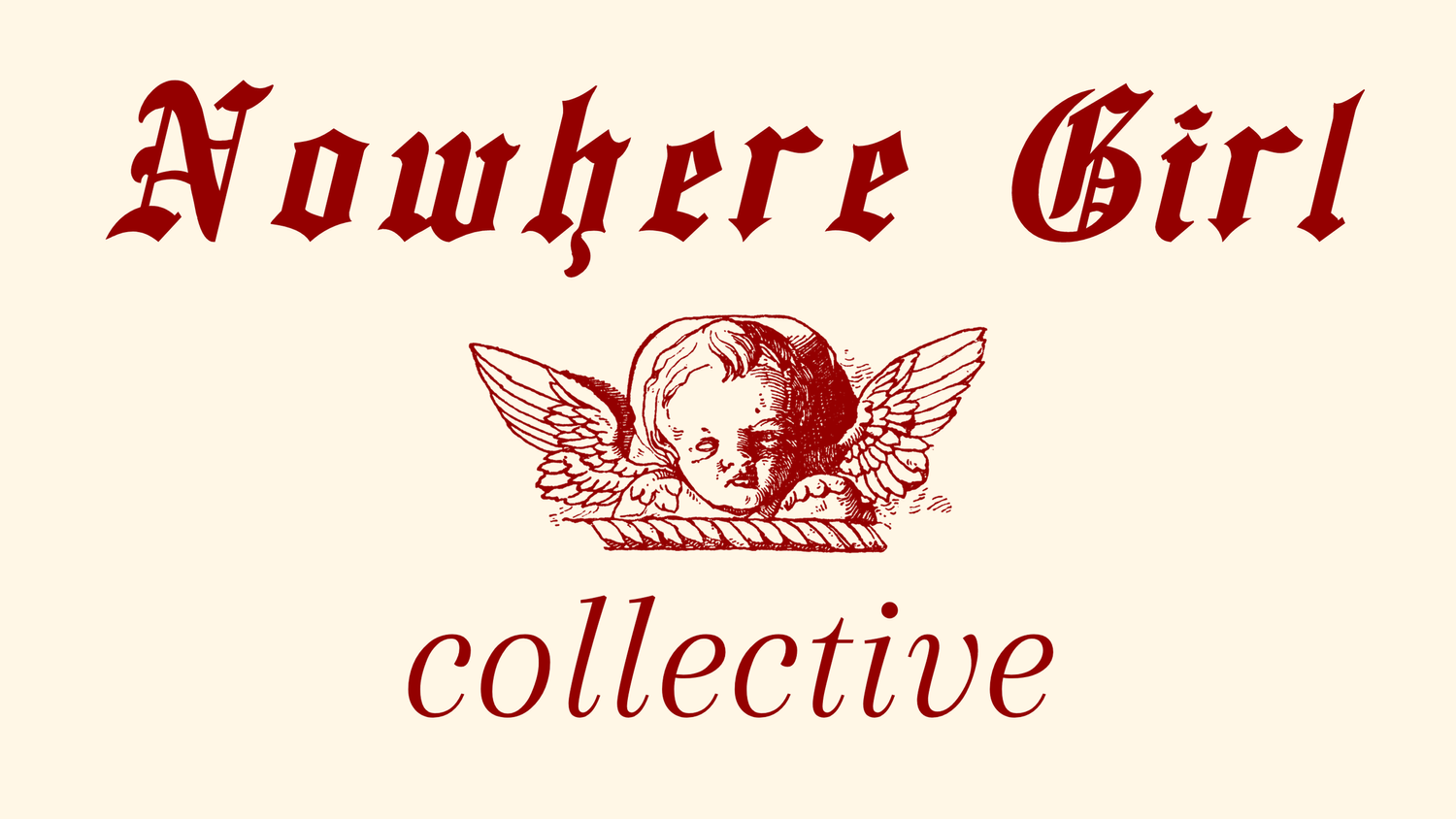THE CHILDREN FIRST, THEN THE WOMEN AND MEN
You must purge the evil from among you.
— Deuteronomy 21:21
They hung the hare to the pole by its hind leg, the coarse rope knotted tight and digging into fur, muscle, and bone. Nearby, the town’s children pushed each other, pulling at hair and dirty sleeves to be first in line. Each hoped to initiate the ritual. On the pole, the creature convulsed frantically, its bloodshot eyes wide in terror as it hung topsy-turvy on the end of the noose.
A twelve-year-old boy forced his way to the front of the line. He had a peg leg but incredibly strong arms. He rummaged into his pocket for the stone he had carefully selected on his way to the town square. He stood behind the line that had been dug twenty feet away from the pole, his peg leg sinking slightly into the mud. His eyes were glazed in anticipation, ready to throw. His aim was precise, and the rock came bouncing off the wooden pole. The hare shrieked and the audience echoed, yelling encouraging litanies with raised fists. The boy was shoved aside by a girl with straw-colored hair and a pox-ridden face. She was weighing her own grey stone in her hand, feeling the ridges, the jagged edges. She spread her feet, drew back her arm, and threw as hard as she could. The stone hit the creature on the flank with a loud thud and the taut skin burst as the rock sliced through flesh and fur. The crowd erupted in cheers.
They followed each other in a tight, solemn line—the children first, then the women and men—each now waiting patiently for their turn. At the end of the procession, Père François watched intently, hands firm around the glossy beads of his rosary. The hare’s eyes were blind, now, and its leg jutted out of its socket, but the tendons still held. Dark blood bubbled from its nose with every shallow breath and dribbled onto the earth.
The cobbler’s wife and the washerwoman came after the children. Then it was the milkmaid’s turn. She was a fat woman with doughy arms and calloused hands, wearing a soiled apron over a sweaty smock. Her skin reeked of sour milk and manure. That morning, like any other, she’d awoken before sunrise and settled in the pen, where she murmured prayers in the ears of her cattle as she pulled on the warm and swollen udders, the white milk squirting loudly into a tin bucket.
Now, on the Jour du Lièvre, she stared at the poor hanging creature without saying a word. Its shrieking had stopped by the time she’d come to cast the stone. Its brown fur was matted with blood, and the flesh was exposed in several places. An ear was torn and dangled limply. She thought of the calf born last week, still enveloped in the amniotic sac, its limbs white and still. It never had the chance to open its eyes.
She whispered a “Hail Mary” and threw with all her strength. The hare’s femur fractured with a loud snap and the mangled body dropped into the mud. The crowd erupted into cheers and laughter. She was soon surrounded. A wreath of star jasmine was put in her hair, its heady scent mixing with the sour sweat of her armpits. Someone handed her a basket decorated with colorful ribbons. It was filled to the brim with loaves of brown bread and fruit engorged with sugar.
Père François stepped forward, a stern look on his face. His rosary hung from his belt, swinging the regular rhythm of a thurible. He stopped in front of the milkmaid; she lowered her head, and he hung a piece of string around her neck. Tied to the end of the string, resting just above the silver cross she put on every morning, was a hare’s foot. The fur was gone where the rope had dug in; the skin was raw. It sat on the milkmaid’s overflowing bosom, a halo of dark blood spreading over her soiled tunic.
Père François took her hand and led her to the table. It was laid with garlands of pungent flowers, jugs of wine, and cuts of meat. They all joined hands—the children first, then the women and men—and recited the old and arcane prayer, celebrating the first day of May. In communion, their Amens echoed. In the dirt, the hare’s blind eyes were turned towards the sky.
Claire Eidesheim, 27, Laon - France ✯ IG: @devastatingfate
“Claire Eidesheim is a writer and English teacher living in rural France. In 2019, she graduated from the University of Lille with an MA in American Literature, specializing in nineteenth century fiction. Her favorite authors are Sylvia Plath and Vladimir Nabokov.”
